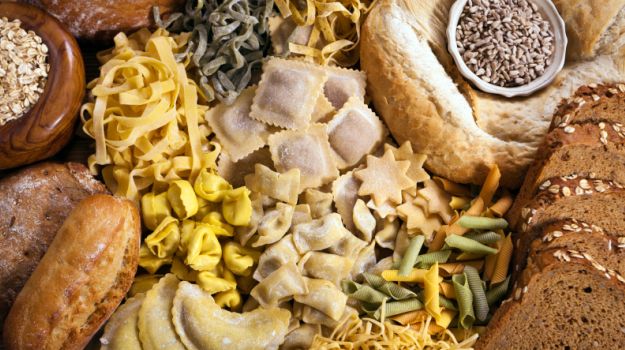Carbs: Cut Down to Avoid Disease
Carbs Cause Disease
The Lancet’s global burden of disease report states that “a poor diet now generates more disease than physical inactivity, alcohol and smoking combined.” It’s simply not possible to “outrun” a bad diet, as a recent study in the British Journal of Sports Medicine suggests. The evidence suggests that excess carbs are the main mark of a poor diet. Basically, the population keeps getting more obese while inactivity levels remain the same. However, many people believe the lie that obesity happens purely from a lack of exercise.

Coca Cola Ad
Coca Cola spends billions on advertising trying to convince us that it’s okay to consume sugary drinks as long as you exercise. Celebrity endorsements for junk food often feature fit athletes, suggesting that these products are healthy. Although they would have us believe that all calories are the same, the truth is that the type of calories you eat matters. Calories from carbs, particularly those from refined sugars, lead to fat buildup and hunger. Calories from fats are more satisfying and lead to a sense of fullness.
The Benefits of Limiting Carbs
Cutting carbs from your diet is the single most effective thing you can do to prevent metabolic syndrome, i.e., obesity and diabetes. The benefits of limiting carbohydrates happen even if you don’t lose weight, as this study shows. “Up to 40% of people with a normal body mass index will harbor metabolic abnormalities typically associated with obesity, which include hypertension [high blood pressure], dyslipidemia [high cholesterol and/or fat in the blood], non-alcoholic fatty liver disease, and cardiovascular disease” according to this research. Over-eating carbs causes damaging changes that are often hidden until the problem progresses to the point of being very difficult to resolve.
The evidence is clear: exercise is helpful in preventing disease, but cutting carbohydrates is more helpful. Are you limiting carbs in your diet?
